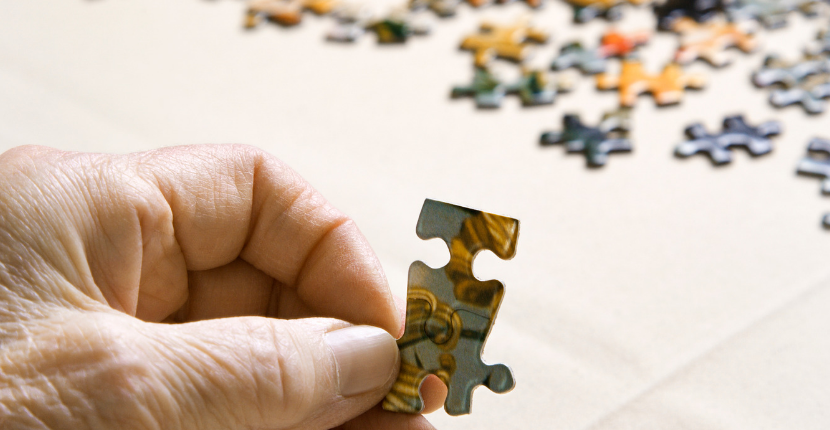One in 44 million people in the U.S. today have been diagnosed with Alzheimer’s, while one in 10 adults over the age of 65 suffers from the disease.
While there is currently no cure for Alzheimer’s, there are ways we can help fight off some of its effects.
According to experts, engaging in the arts and other creative activities, can help seniors positively develop self-esteem, sharpen skills, maintain dexterity and stimulate the mind. It’s also been proven that hobbies like playing games or listening to music can assist Alzheimer’s patients find meaning in their lives and draw from interests they’ve had in the past.
Being involved creatively in activities allows seniors to feel like they’re part of the larger community – giving them a sense of belonging. That’s why Freedom Home Care thought it was important to talk about some of the ways engaging in a pastime can be beneficial to your loved one.
Even if your loved one is not receiving specialized elder care from a professional home care agency, the routine participation in anything from pottery to painting to puzzles provides Alzheimer’s patients with the motivation to do things they may have never wanted to do before.
While creative activities can’t necessarily prevent the onset of the disease, pursuing things of interest, can help reduce the effects of frustration and depression often associated with Alzheimer’s.
Researchers also say that being more actively involved in creative activities can support motor skills. This is useful for doing everyday things like buckling a belt or tying one’s shoes.
It’s also been shown to produce physiological and psychological healing, much like what’s described in Erik Erickson’s last stage of psychological development where meaning can be found in creative pursuits, and the attainment of wisdom and integrity.
According to experts, these extracurricular activities have been shown to create new neural pathways and stronger dendrites. Seeing and making art also causes the brain to adapt, reshape and restructure increasing brain capacity.
Based on guidelines published by aarp.org, the best way to ensure that your loved one continues to have the most successful creative experiences are by making the activities are manageable and purposeful – whenever where they feel most comfortable and safe.




